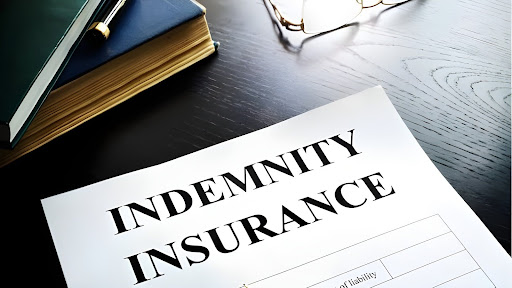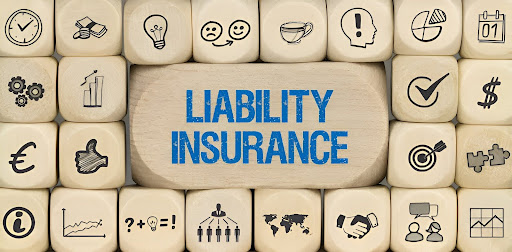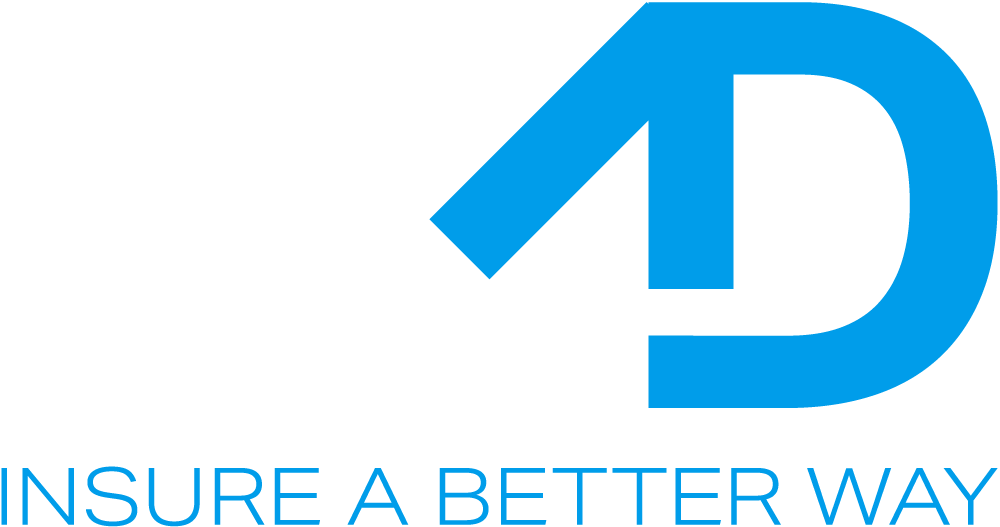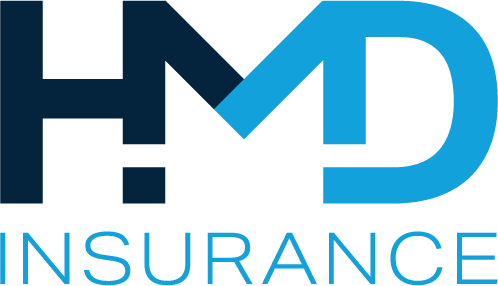
When running a business, it is important to understand the types of insurance you might need. Two common types are professional indemnity and public liability insurance. While they both protect your business, they cover different risks. Knowing the difference between these two types of insurance can help you choose the right coverage for your needs. In this article, we will look at both types of insurances, what their differences are, and when you should use either of them.
What is Professional Indemnity Insurance?
Professional indemnity insurance is designed to provide protection for professionals who offer advice or services. When a client believes they have suffered a loss due to negligent advice or inadequate service, they may file a claim against the professional. This type of insurance works by covering the costs associated with legal defence, settlements, or judgments that arise from such claims.
For example, if a client claims that a consultant’s professional advice led to a financial loss, the professional indemnity insurance policy would cover the costs associated with defending against this claim, as well as any compensation that may be awarded to the client. It’s important to note that each professional indemnity insurance policy may vary in terms of coverage limits and exclusions, so it is vital to carefully assess the policy details when obtaining a quote.
Professional indemnity insurance covers a variety of risks associated with the provision of professional services. Generally, it includes coverage for claims related to errors, omissions, or negligence in the delivery of professional advice or services. It also covers legal expenses incurred during the defence against such claims, regardless of the outcome. Additionally, damages awarded to clients as a result of a successful claim are typically covered under the professional indemnity insurance policy.
Who needs professional indemnity insurance?
Any professional service provider who offers advice, design, or other specialised services should consider obtaining professional indemnity insurance. This includes a wide range of professions such as consultants, architects, engineers, accountants, lawyers, and healthcare professionals.
If your business involves providing professional services, there is a strong likelihood that you need professional indemnity insurance to protect yourself against claims of negligence or inadequate service. Even if you have not faced any claims in the past, the nature of professional work inherently carries risks, making this insurance a prudent investment.
What is Public Liability Insurance?
Public liability insurance is a type of insurance that covers businesses against claims made by members of the public for injury or damage to property. This insurance is particularly important for businesses that interact with clients, customers, or the general public. For instance, if a customer slips and falls in your store, resulting in an injury, public liability insurance would cover the legal costs and any compensation awarded to the injured party.
Additionally, it can cover damages to property owned by third parties that may occur due to your business operations. The key aspect of public liability insurance is its focus on protecting against claims arising from incidents involving the public, ensuring that your business is financially protected from unforeseen accidents.
Any business that interacts with the public should consider obtaining public liability insurance. This includes retail shops, restaurants, service providers, and contractors who work on-site at a client’s location. Even businesses that operate online should consider public liability insurance to protect against claims arising from interactions with clients, such as attending events or conducting in-person consultations.
Essentially, if your business has any physical interaction with clients or the public, the risks associated with potential injuries or damage to property necessitate public liability insurance to safeguard your operations.

What is the Difference Between Public Liability vs Professional Indemnity?
The key difference between public liability and professional indemnity insurance lies in the nature of the coverage. Public liability insurance is designed to protect against claims made by the public for personal injuries or property damage, while professional indemnity insurance is focused on claims arising from errors or omissions in professional services or advice provided by a business.
In essence, public liability insurance covers incidents involving the general public, whereas professional indemnity insurance covers the professional actions of the service provider.
Choosing between professional indemnity and public liability insurance often depends on the nature of your business. If you provide professional services or advice, such as consulting or legal services, you will likely need professional indemnity insurance to protect against claims of negligence.
On the other hand, if your business involves physical interactions with clients or the public, such as retail or construction, public liability insurance is essential to cover potential injuries or property damage. In many cases, businesses may require both types of insurance to ensure comprehensive coverage, as they address different aspects of liability and risk.
One common misconception is that public liability insurance and professional indemnity insurance are interchangeable, but this is not the case. While both provide vital protection for businesses, they address different types of risks. Another misconception is that small businesses do not need either type of insurance; however, even small businesses can face significant claims that could threaten their financial stability.
Do I Need Both Professional Indemnity and Public Liability Insurance?
Having both professional indemnity and public liability insurance provides comprehensive protection for businesses. This dual coverage ensures that you are safeguarded against a wide range of potential claims, from those related to professional services to those involving public interactions. For example, a consultant who provides advice may face a claim for professional negligence, while at the same time, they could also be liable for a slip-and-fall incident at a seminar they are hosting.
There may be situations where a business only requires one type of insurance. For instance, a business that solely provides professional services without any direct public interactions may find that professional indemnity insurance is sufficient for their needs. Conversely, a retail store that does not provide any professional advice may only require public liability insurance to cover potential injury claims from customers.

What Are the Types of Business Insurance Available?
There are numerous types of insurance policies available for businesses, each tailored to address specific risks. In addition to professional indemnity and public liability insurance, businesses may also consider employer’s liability insurance, which covers claims from employees injured while working, and product liability insurance, which protects against claims related to products sold or supplied by the business.
For businesses in professional services, specialised insurance options exist to provide additional protection tailored to their specific risks. This may include insurance products designed for architects, engineers, IT consultants, and healthcare providers, which often include coverage for industry-specific liabilities.
These specialised insurance policies can help professionals manage their unique exposure to claims and provide peace of mind that they are adequately protected against potential risks associated with their field. Consulting with an insurance broker familiar with your industry can help identify the most suitable specialised insurance options.
Conclusion
In summary, understanding the difference between professional indemnity and public liability insurance is important for anyone running a business. Professional indemnity insurance protects you if a client claims you made a mistake or gave bad advice that caused them financial loss. On the other hand, public liability insurance covers you if someone is injured or their property is damaged while on your business premises.
Both types of insurance serve different purposes, but they are both important for protecting your business. Having the right coverage can help you avoid costly legal fees and claims. By knowing the difference between professional indemnity and public liability insurance, you can make informed decisions about the best protection for your business needs. Always consider your specific situation and consult with an insurance expert to ensure you have the right policies in place.
FAQs
The difference between public liability and professional indemnity lies in what they cover. Public liability insurance provides liability cover for injuries or damages to third parties caused by your business activities. In contrast, professional indemnity insurance covers claims related to professional advice or services that result in financial loss for clients. Understanding these differences is crucial for choosing the right type of insurance for your business.
You need professional indemnity insurance if your business provides advice or services that could lead to financial loss for clients. This type of insurance is designed to protect you from claims that arise from mistakes or negligence in your professional work. Without it, you could face significant costs from legal fees or compensation claims. It’s an essential part of business insurance for many professionals.
A professional indemnity insurance cover typically includes legal costs and compensation claims related to errors, omissions, or negligence in your professional services. This insurance protects your business from financial losses that clients may suffer due to your actions. It is crucial for professionals like consultants, accountants, and lawyers who provide specialised advice. Getting a quote for a professional indemnity insurance policy will help you understand the specific coverage options available.
The type of insurance you need for your business depends on the nature of your work. If you provide professional services, you may need professional indemnity insurance. If your business interacts with the public or involves physical products, public liability and products liability insurance are essential. Assessing your risks will help you determine which insurance products are necessary to cover your business adequately.
Public liability and professional indemnity insurance work together to provide comprehensive protection for your business. While public liability covers injuries or damages to third parties, professional indemnity protects against claims related to your professional services. Having both types of insurance ensures that you are covered for various risks associated with your business activities. This combination is often recommended for professionals who interact with clients and public relations.
Yes, you can get a quote for both public liability and professional indemnity insurance from many insurance providers. Many companies offer packages that include both types of insurance policies, allowing you to cover your business more effectively. When requesting a quote, be sure to provide details about your business activities to receive accurate coverage options. Comparing quotes will help you find the best insurance products for your needs.
Common claims covered by indemnity and public liability insurance include injuries to clients or third parties, property damage, and financial losses due to professional negligence. Public liability insurance covers claims related to accidents that occur on your business premises or due to your business activities. Professional indemnity insurance covers claims arising from errors or omissions in your professional services. Understanding these claims will help you assess your insurance needs.
Choosing between public liability vs professional indemnity insurance depends on your business activities. If your business involves providing professional services, you will likely need professional indemnity insurance. If your business interacts with the public or involves physical products, public liability insurance is essential. Evaluating the specific risks associated with your business will help you make the best decision regarding your insurance policies.
Public and products liability insurance protects businesses against liability claims arising from injuries or damages to third parties. While public liability insurance covers incidents involving the public, products liability insurance pertains to damages caused by products sold or supplied.





